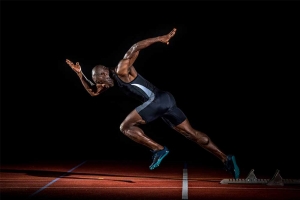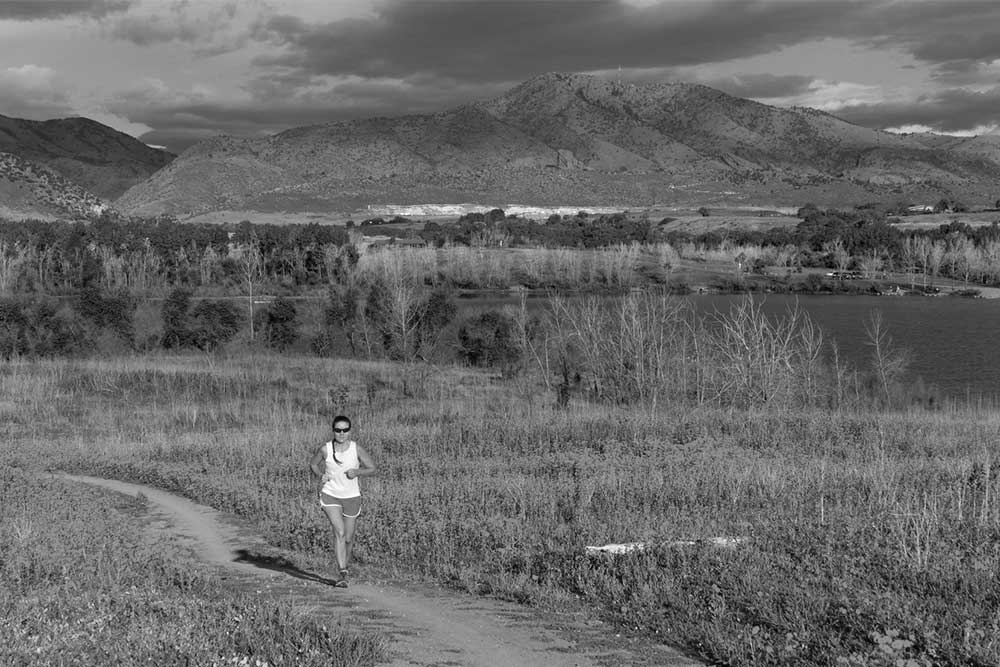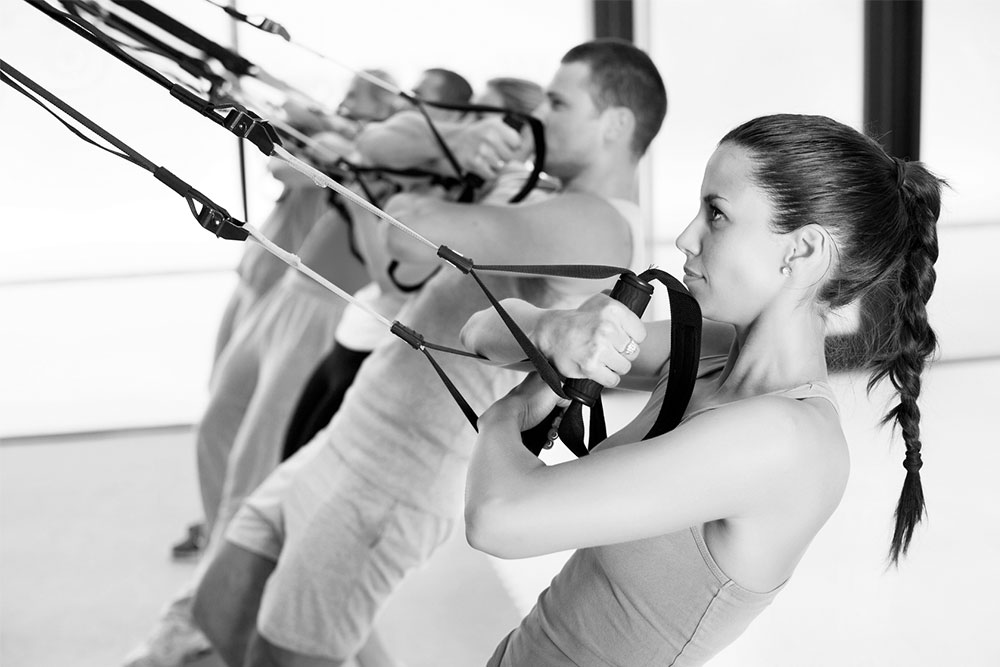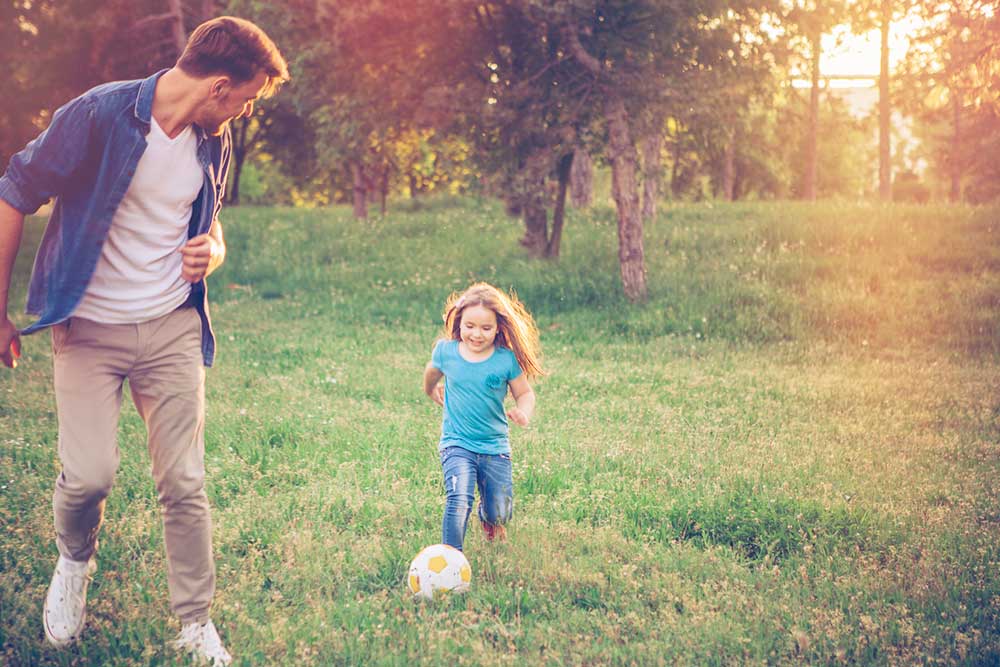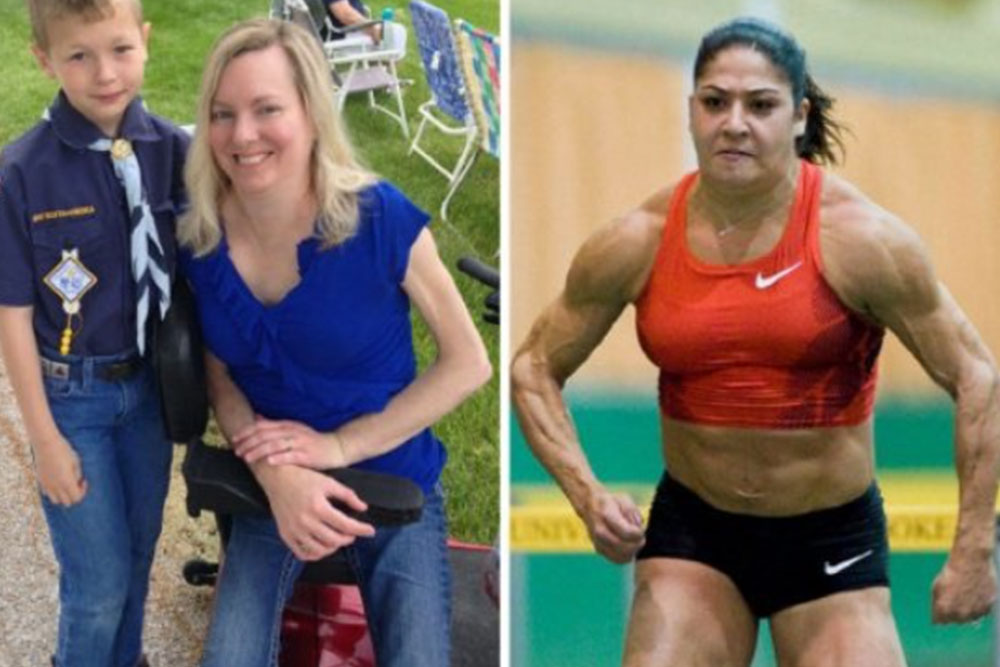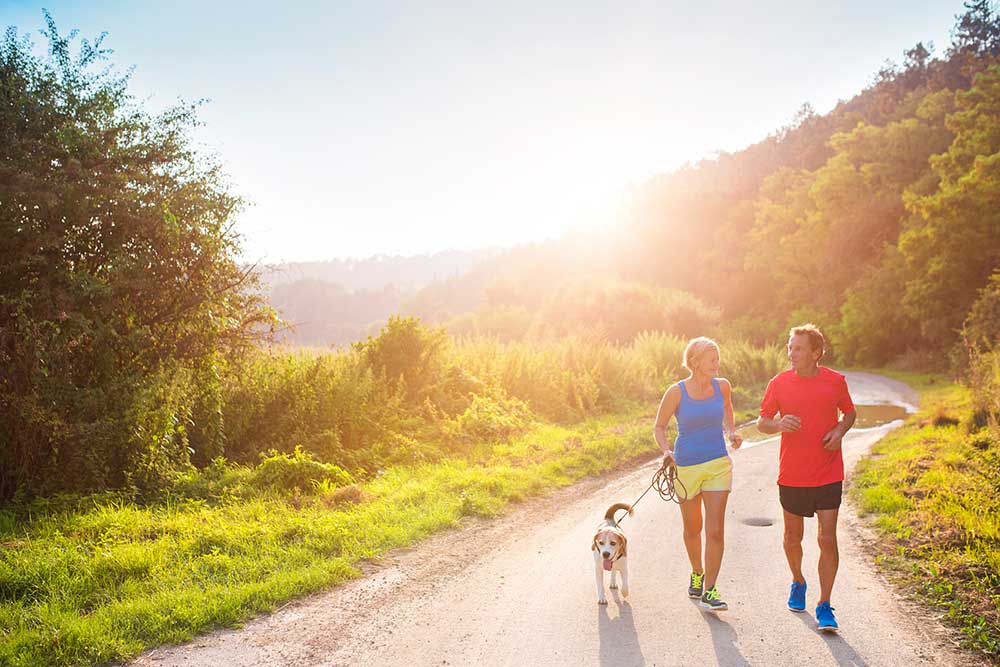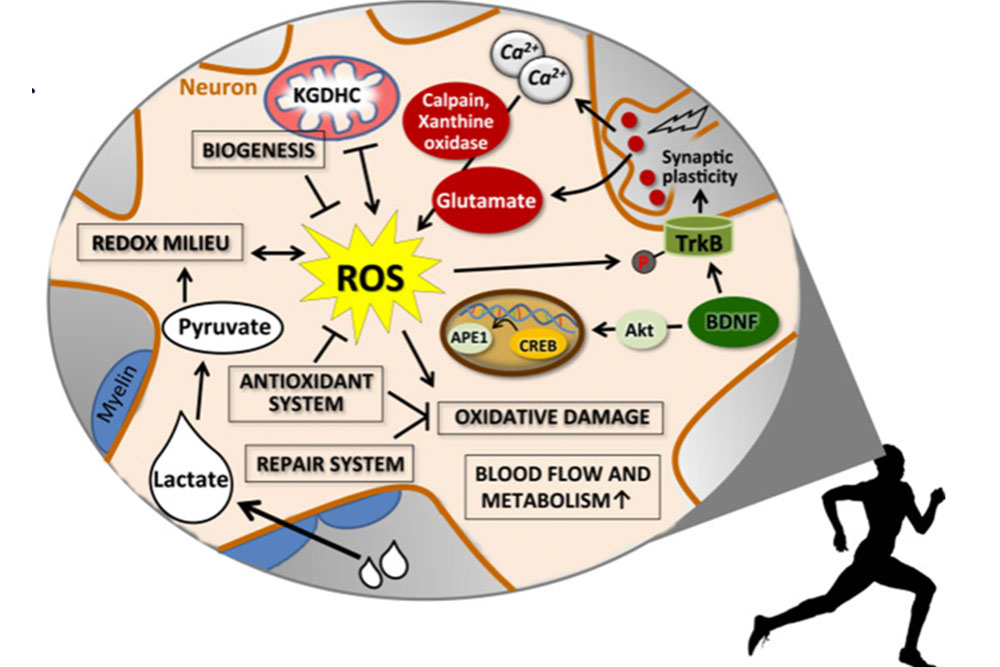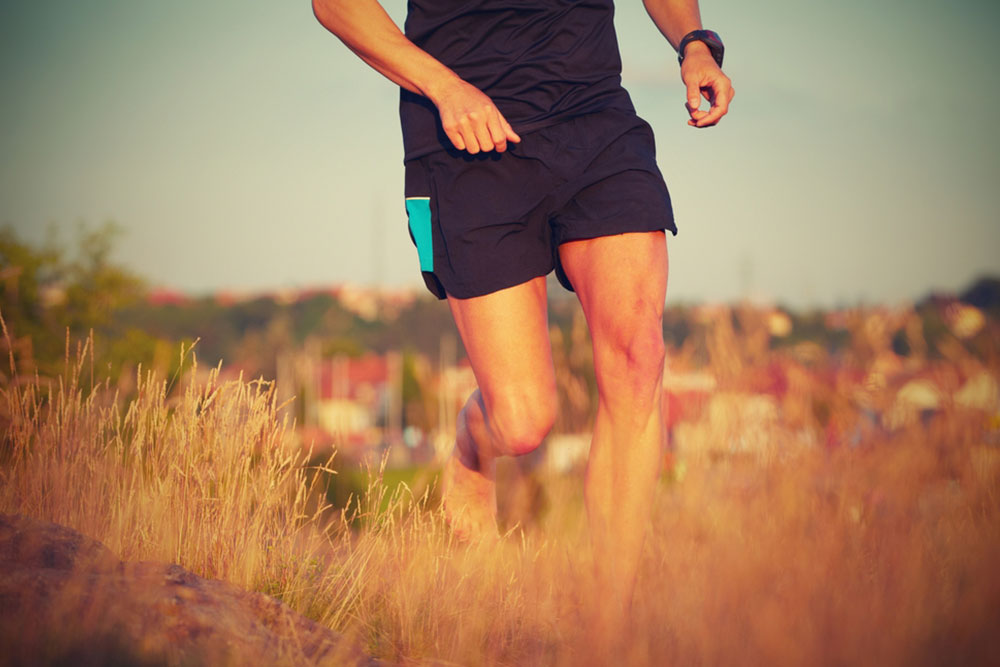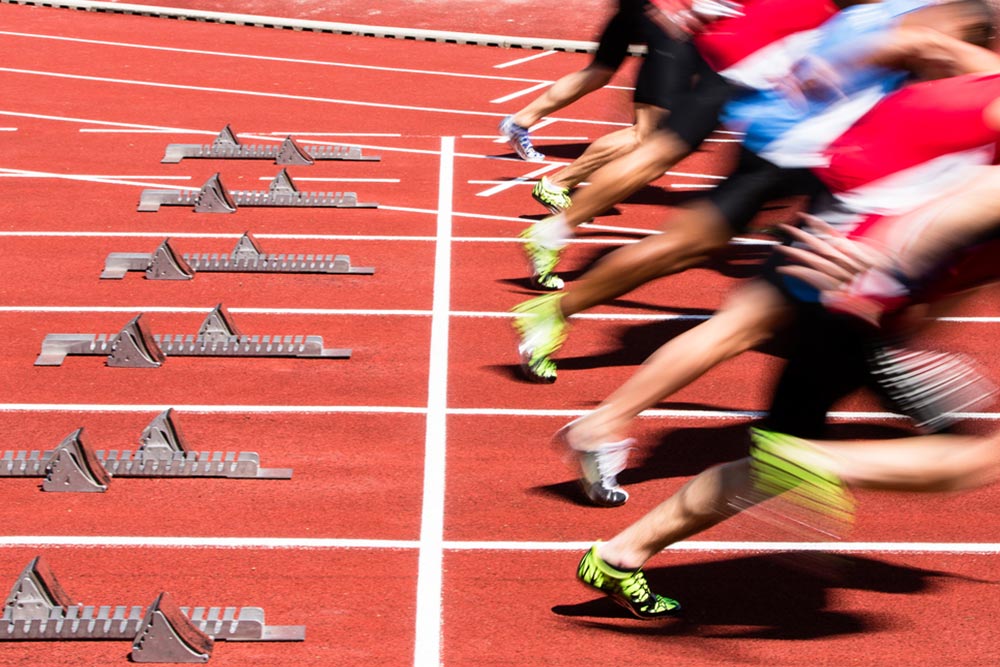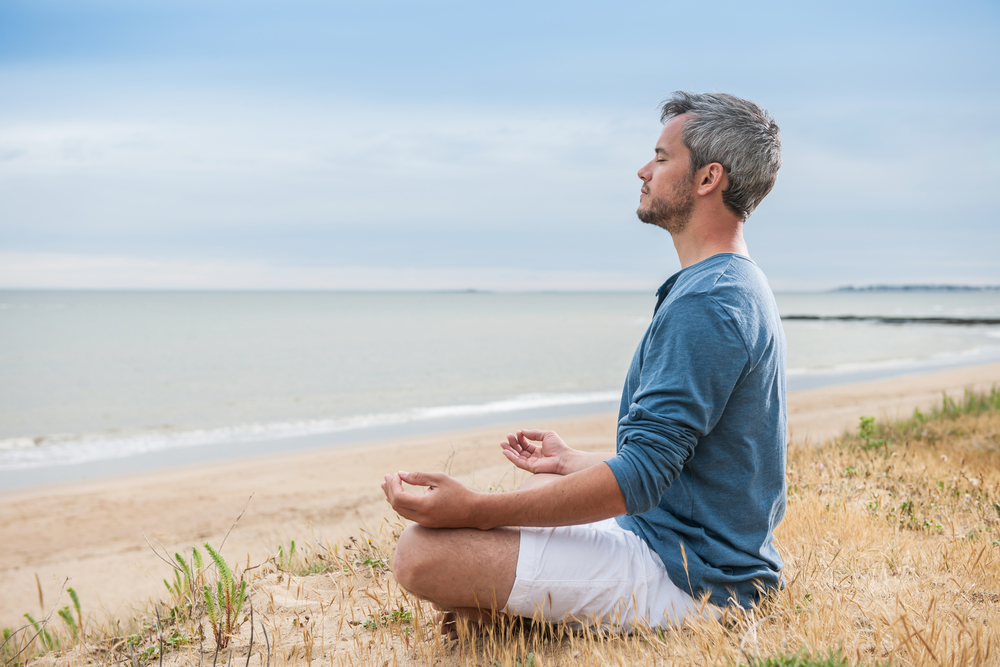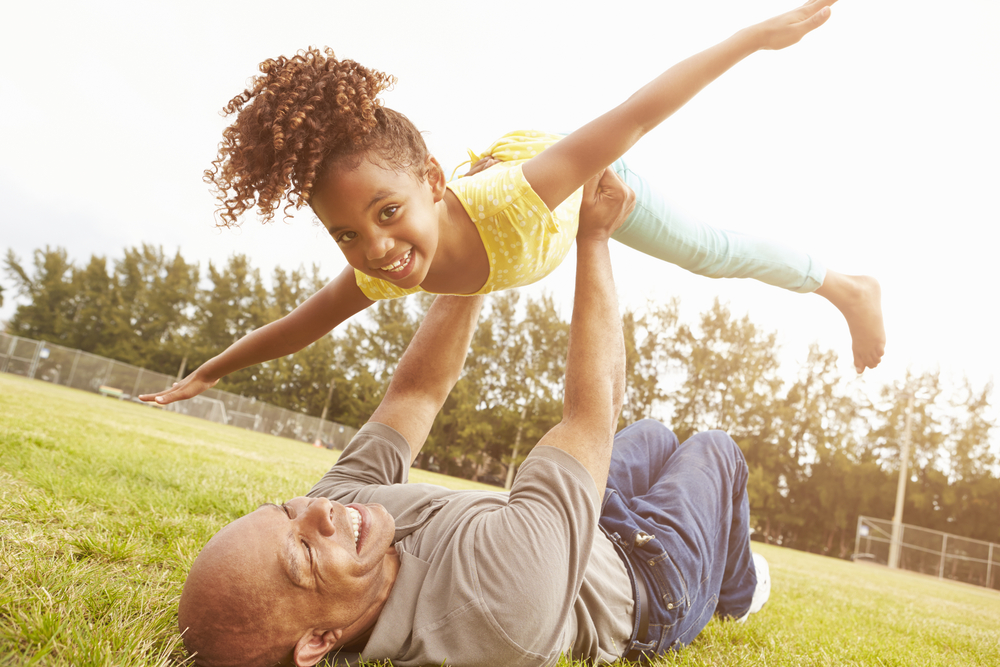Endocannabinoids: The Secret to Why Exercise Makes Us Feel Good
Julia Basso – PhD I just returned from a wonderful vacation in Keystone, Colorado. Having lived in New Jersey for most of my life and New York City for the past 3 years, I was amazed to see the expansive views that Colorado has to offer. The Rocky Mountains provided the most beautiful landscape that I

